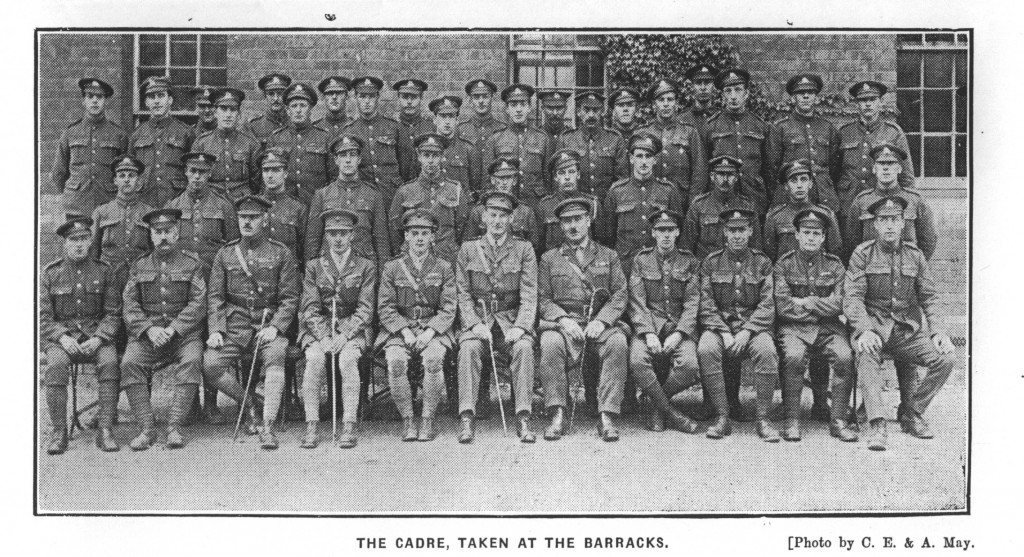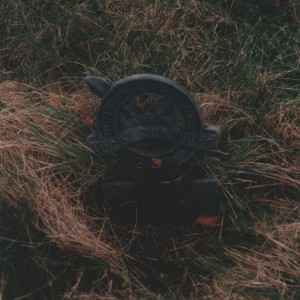Frederick Howard Elliott
Private 85703
Machine Gun Corps
It was initially very difficult to identify Frederick Elliot from CWGC information or a chance article in the newspapers. However, with the aid of the Soldiers Died the author located a Frederick Howard Elliott who was born and enlisted in Reading in April 1917 when he gave his occupation as a clerk. Formerly he had been Private, 170375, in the Royal Field Artillery. A search of the CWGC registers revealed that he was the son of Emily Elliott, of 98, Donnington Gardens, and the late Frederick William Elliott. This search also indicated that he was serving in the Base Depot. The Machine Gun Corps Base Depot was located at Étaples.
Frederick was aged 20 years at the time of his death on 22 May 1918. A search of Ancestry UK revealed Frederick Elliot’s military records. It transpired that on the night of 21 May 1918 Frederick together with Privates Nash and Rhodes had received orders to proceed to the dunes where they took cover in a old dug-out. At 5.15 a.m. the dug-out collapsed and Frederick was pinned down by one of the supporting stays and buried. He was recovered from fall of masonary and sandbags and was taken to hospital. Although he was conscious he was cyanosed, blue due to lack of oxygen, and had severe bruising to his upper abdomen consistent with crushing although he had no open wounds or fractures. He died the same day as a result of the injuries he had received. The verdict was accidental death.
It is possible that his death may have been linked to a chain of events, which are explained in more detail by Martin Gilbert in his book the ‘First World War’. Early in May 1918 there were a number of air raids on British cities. On the 18 May the British retaliated by bombing Cologne doing a great deal of damage and killing 110 civilians.
The following night German Gotha bombers struck at London. This was followed, on four consecutive days, by the bombing of munitions dumps in the base areas that resulted in the loss of 12,000 tons of ammunition. The Germans also targeted a railway bridge at Étaples but during the bombing raid several bombs missed the bridge and hit other areas, including a British Military hospital. During this fatal air strike many of the already wounded were killed together with the doctors and nurses who were looking after them. As Frederick Elliott was stationed in the Étaples area it is possible that the order to take up positions in the dunes related to these air-strikes.
Frederick Elliott is buried at Étaples Military Cemetery, Pas de Calais, location LXV. D.8.
The 1911 census indicates that Frederick’s father was a mixer at the biscuit factory, his older sister, Hilda,was a dressmakers assistant.

